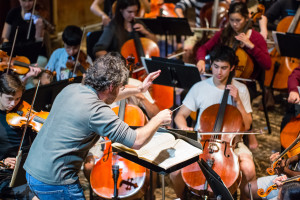 Greatness in teaching is just as rare as greatness in any other profession. Although it’s impossible to offer a prescription of qualities in order to cultivate great music teachers, understanding these qualities can give all would-be teachers a standard of excellence to strive for, and guide schools and parents toward what they should look for in current and prospective teachers.
Greatness in teaching is just as rare as greatness in any other profession. Although it’s impossible to offer a prescription of qualities in order to cultivate great music teachers, understanding these qualities can give all would-be teachers a standard of excellence to strive for, and guide schools and parents toward what they should look for in current and prospective teachers.
Here are just a few characteristic traits that I believe all great music teachers have:






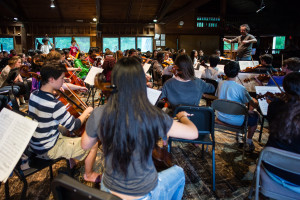
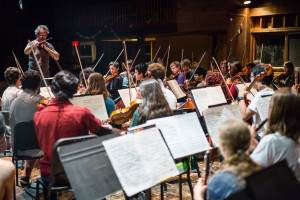
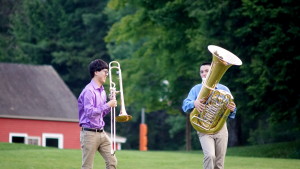
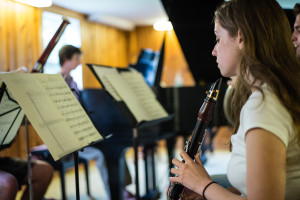

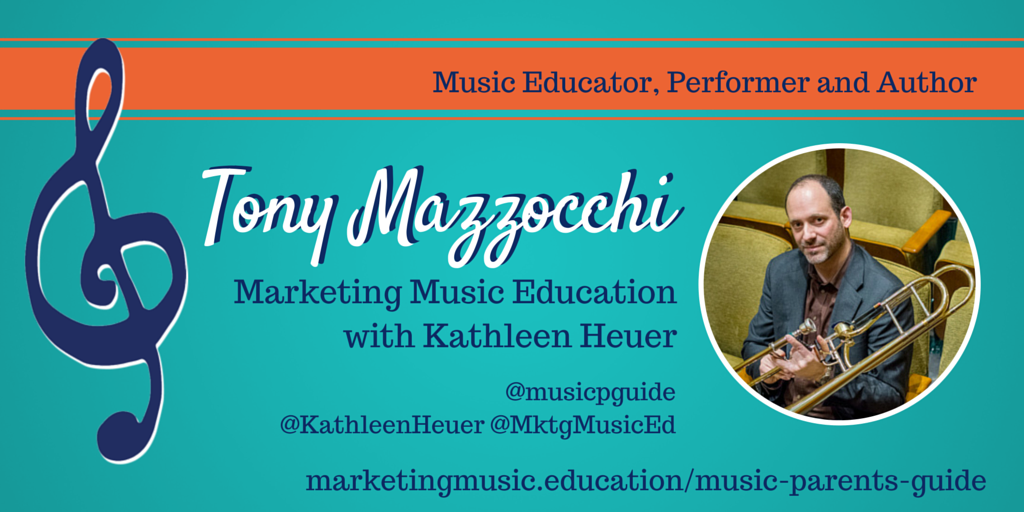
Recent Comments